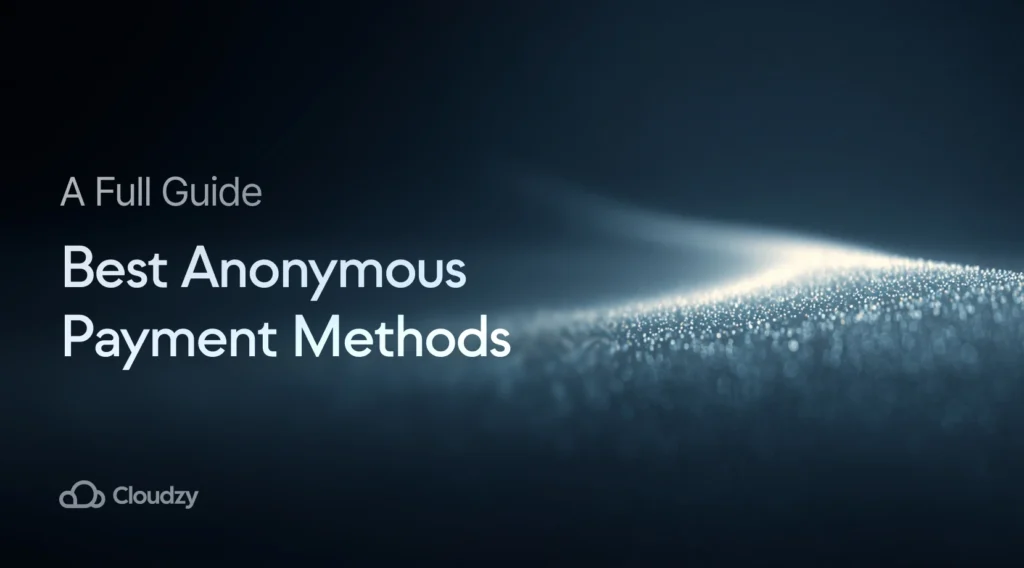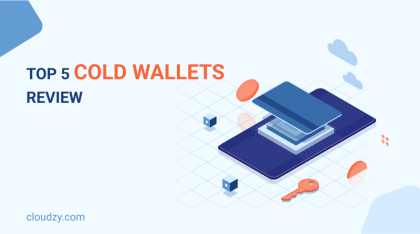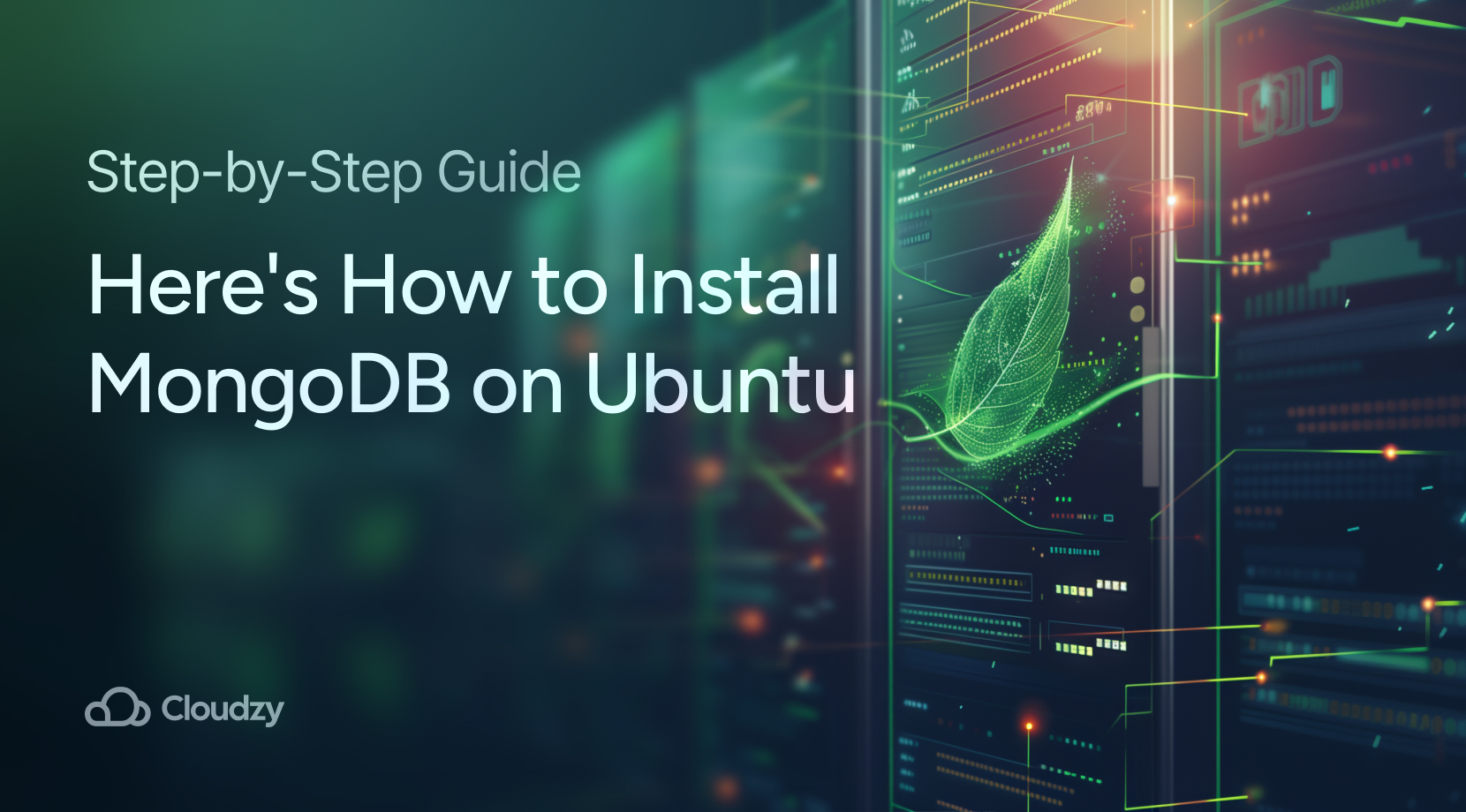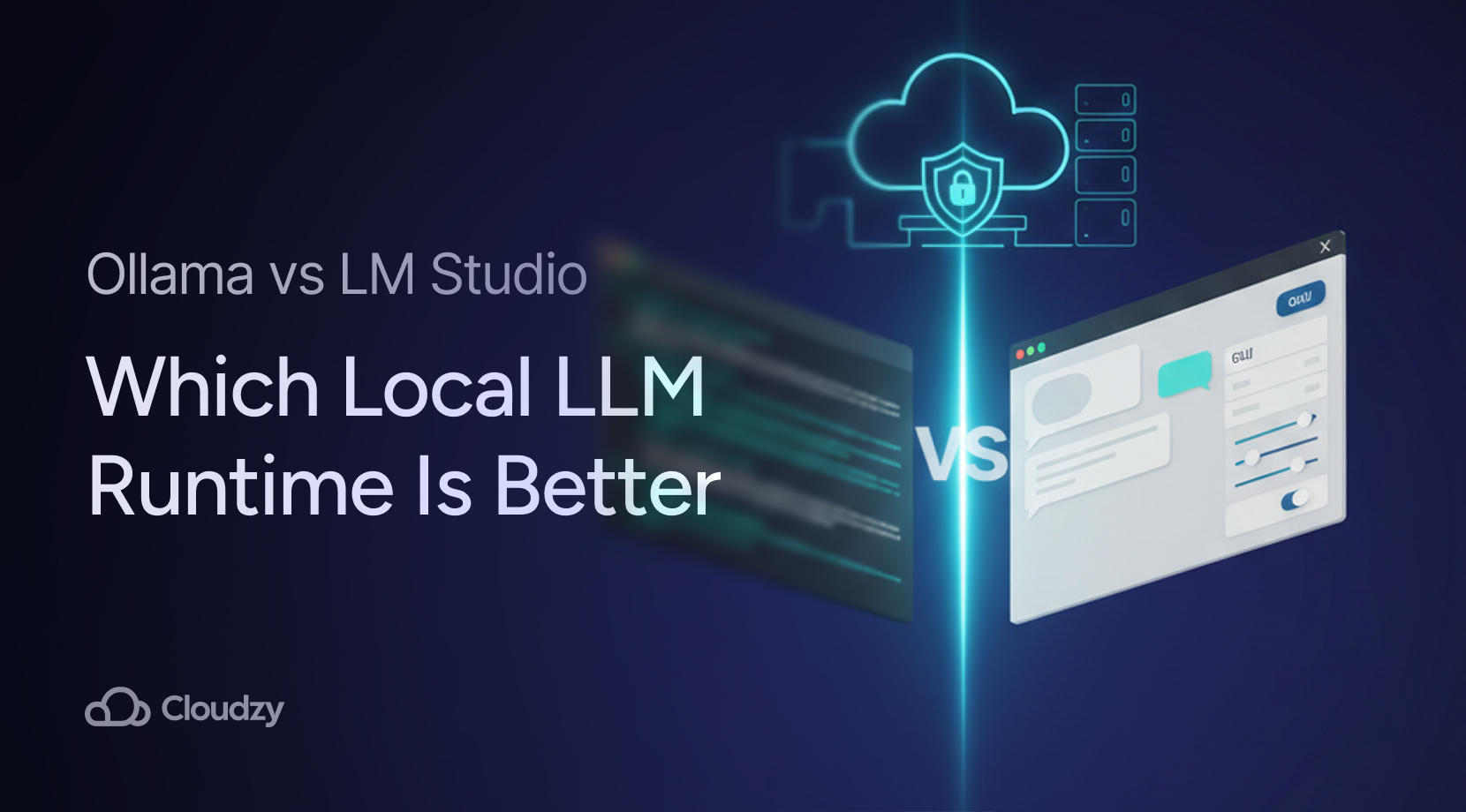Nowadays, the need for privacy is being felt more than at any other time in human history. With Big Tech rapidly expanding to engulf pretty much every aspect of our human life, the concern for maintaining your private life is without a doubt a valid point to have. We are all on social media; we are all the subject of targeted ads; we are all subject to the algorithm of different social media outlets that use the information to target us with related content; The internet of things (IoT) is becoming more and more part of our houses every day; and perhaps the most important of it all: the big tech and governments without a doubt trace our payment history and preferences too. While many people may argue that these monitors are non-malicious (at least for the time being), it is equally important to understand that a person’s privacy needs to be respected. To that end, there has been an influx of tech-related innovations that enable users to maintain anonymity. Today we’re going to cover those innovations that enable us to make financial transactions anonymously and discuss the best anonymous payment methods for you. Before getting to that, however, let’s start with definitions and “why and hows.”
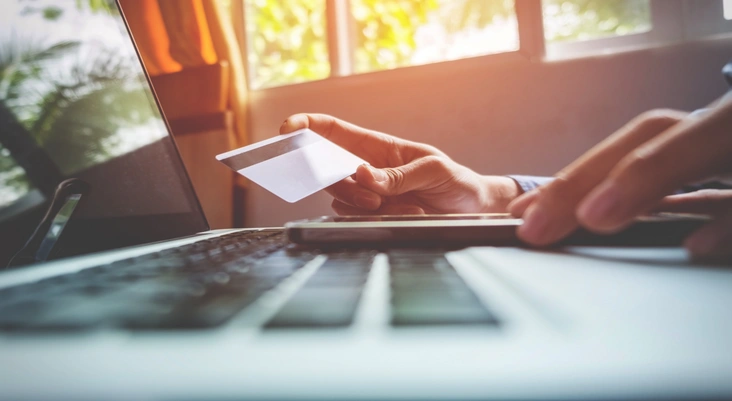
Why Do You Need Anonymous Payment Methods?
Starting with basic principles, Cash has always been the dominant payment method in the world up until very recently. With Cash, the anonymity of the paying parties was all but guaranteed, at least as far as the payment itself went. However, as we have moved on to an online and rather cashless world, the principles of purchase have remained more or less the same, with the notable exception of the fact that almost all payment information, including the payer’s email, purchase type, identity, and even address can and potentially are stored by the respective payment service provider. The importance of this fact is further highlighted when we consider that according to the European Central Bank, the total amount of non-cash payments had an increase of 8.6% in the second half of 2024 compared to the year before.
This means that while the payment, in essence, has remained the same, now you also pay a fee to the service provider, but in exchange, you now have lost your previously precious privacy. It’s not hard to see that this is a losing situation on the side of normal people who are basically paying more to have less privacy. Apart from this, any large purchase or financial transaction that you have will definitely invoke the presence of related tax authorities that you have to convince, even if you have done no wrong in the first place. So even for the sake of peace of mind, it’s not hard to see why we all need to have a private payment method for ourselves.

What Happens If I Use Anonymous Payment Methods?
When you decide to use anonymous payments, you are moving closer to the world where cash once ruled. Your transactions stop being a digital trail that leads back to you. Instead, they exist on their own, without attaching your name or details. That freedom feels powerful, but it also comes with exchanges.
The Pros of Using Anonymous Payment Methods
- Prioritize your privacy
- Keeps sensitive purchases private
- Free from corporate and government tracking
- Reduced risk of identity theft
- Increased flexibility with mix and match method
- Keep up with latest privacy methods
The Cons of Using Anonymous Payment Methods
- No safety net
- Same privacy shield for criminal activities
- Regulatory pushback from authorities
- Time consuming and complex setups
- Subject to policy and legal changes
- Limited acceptance in the mainstream platforms
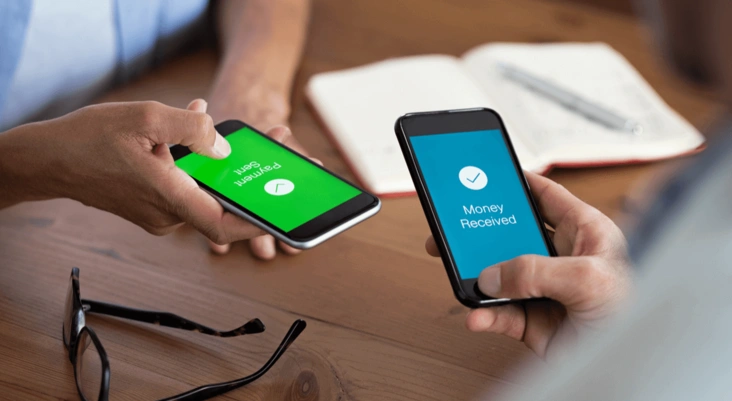
Types of Online Financial Anonymity
Now that we know why we need to receive money anonymously, let’s go over the different types of anonymity that we are afforded in this cashless and increasingly non-private online financial world. In general, there are two types of online financial anonymity. These are partial anonymity and full anonymity. Let’s quickly go over these two types.
-
Partially Anonymous Methods and Services
As the name implies, partial anonymity in online payment is not absolute, and there will be bits and pieces left behind as clues that an organization or a government can use in order to trace the payment back to you. However, partial anonymity also makes it significantly harder for them to do so, and it is rather easy to go partially anonymous for your financial transactions as well. In other words, partial anonymity is achieved by performing a set of cautionary actions within the established financial system to make tracing you harder. It’s important to know that regardless of partial or full anonymity, achieving either is next to impossible in the conventional payment system.
This means that any transaction that has to do with banks or fiat money, in general, cannot be anonymous as the respective bank will have all of your information and the information concerning the payment in one place. Partial anonymity is still useful. There are a lot of purchases or payment cases in which you can circumvent the banks and the fiat system. So partial anonymity will have its uses, and since it’s easy to get, it is also worthwhile.
-
Fully Anonymous Methods and Services
Once again, as the name implies, with methods of full anonymity, you will not leave behind any trace of yourself or your transaction or payment. However, this level of anonymity is also considerably more difficult to attain. While cash remains the pre-eminent and most secure untraceable payment method for full anonymity, the world is rapidly moving away from it, and therefore many transactions cannot be performed with it anymore. As opposed to partial anonymity, achieving full anonymity concerning financial transactions requires you to fully step out of the “traditional” banking and fiat system.
You will need to resort to cash payment where feasible, cryptocurrencies, privacy coins, and other methods to maintain your anonymity. The good news is that more and more online businesses are moving towards adopting an anonymous payment method every day. This means that while big tech is rapidly moving towards limiting privacy, many other technological means that are designed to save our privacy are also advancing and are adopted daily in different businesses. Even certain sections of the big tech itself are moving in this direction. A good example is, of course, Tesla, which allows its customers to purchase cars with cryptocurrency.
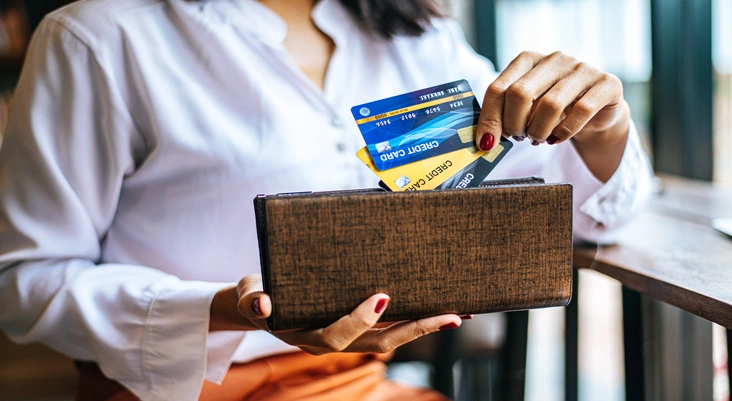
Best Anonymous Payment Method: Which To Go For?
Whether you are a die-hard “off the grid” type of character who will not settle for anything less than complete and absolutely full anonymity, or if you are satisfied with partial anonymity, it’s best to diversify your means of achieving said anonymity. There is no single “most anonymous payment option.” So it’s best to use these methods in their respective use cases and even mix them up from time to time to make sure that your privacy and anonymity are respected. Here are five of the best anonymous payment method candidates in 2025.
1. Cryptocurrency – Blockchain-Based Payments with Partial Anonymity
First, we have cryptocurrency. Despite what is propagated in the media a lot, cryptos are not by themselves anonymous or private. Perhaps you’d be surprised to know that in many aspects, cryptocurrencies are the polar opposite of concepts such as “private” or “anonymous.” This mostly has to do with the underlying blockchain technology that powers all cryptocurrencies. In most blockchains, the date, amount, and wallet IDs of the sender and the receiver are public to be viewed by everyone. Despite the fact that these IDs do not entail your identity, the amount and the date can be used to match with other data and find the potential sender and receiver. On top of that, a lot of cryptocurrency wallets and exchanges are legally required to ask their clients for ID in many countries, which has made cryptocurrencies less viable as a private option. What can be said in favor of cryptocurrencies is that they are inherently partially anonymous (pseudonymous). So you get that part but with them right off the bat. But what if you could go fully anonymous with them? Well, here’s a quick guide to how to anonymize Bitcoin. Interested in paying with cryptocurrencies? Check out my other article on the Best Crypto for Payment in 2025!
2. Anonymize Bitcoin (The Bitcoin Mixer Method) – Mix it Up to Hide the Trail
As we said, all transactional data on the Bitcoin blockchain is public. This means that a lot of other cryptocurrencies that are forks of Bitcoin or otherwise use their blockchain system also share this quality; Litecoin is an example of this. Even cryptocurrencies that have their own custom blockchains also tend to be public. So how does a “mixer” come into play? A mixer or a tumbler is a payment method that aims to hide transactional data of the users but does so cleverly in plain sight.
A mixer, such as Wasabi, works to provide financial privacy for its users by creating a payment hub that will then mix different transactions. Different users will contribute the amount that they want to transact to this mixer alongside other users who want to do the same. Once a certain amount of users or capital has been centralized in this mixer, then the hub will distribute the transactions to their original recipients. This secondary element in the transaction, coupled with waiting time and sudden distribution, makes tracking a Bitcoin transaction much much harder.
 Flexible, Secure Payment
Flexible, Secure Payment
Get a Bitcoin VPS, which lets you pay for your virtual server with Bitcoin and other major cryptocurrencies.
Get a Bitcoin VPS3. Privacy Coins – Coins Designed to Hide Your Balance and Transactions
Let’s say you’re adamant about using cryptocurrencies in order to maintain your financial anonymity. However, using mixers is not exactly what you’re looking for. Maybe you do not trust these mixers, or you simply don’t like involving secondary elements in your transactions. After all, let’s not forget that some years ago caused controversy in the US when a senior financial official labeled using them as criminal activity. While not illegal yet in any jurisdiction, maybe you prefer to stay away from them. If all of this makes you want to stay away from mixers but not from cryptos, then privacy coins are your best bet! It may be confusing why cryptocurrency and privacy coins are put into two different categories since the latter is technically a subcategory of the latter. However, since it is a matter of anonymity we are discussing, I believe this division is justified. But how does a privacy coin work as one of the anonymous online payment methods?
There is no set method of anonymizing a transaction used by all privacy coins, and they each use a number of different ways to make their hosted transactions as anonymous as possible. Notable examples of privacy coins are DASH, Zcash, and the most famous of all, Monero. Monero is known as the only cryptocurrency to implement base-level anonymity for all its users. This means that your balance and your transactions are all hidden beneath several different concealing methodologies, such as RingCT, Signatures, and Stealth Address. Some privacy coins also use a method similar to mixers at the base level to break down each transaction into many smaller ones. As far as cryptocurrencies go, using private coins is the most anonymous payment method out there.
Power your servers with privacy. Switch to Cloudzy's Monero VPS and host the future securely!
Monero VPS4. Prepaid Cards (Anonymous, Crypto, Debit, and Gift Variants) – Skip the Bank, Keep Your Privacy
Another method of avoiding a financial point of entry is using prepaid cards. What is a financial point of entry? For almost all cryptocurrencies and other payment methods, there is a conversion point in which you have to use a fiat platform in order to turn your first money into cryptocurrency. This is also the same for conventional debit cards and credits. This point of entry is the last interaction you have with the conventional monetary system before your money goes off the Grid. So this is where a lot of investigation and tax officials begin to look for the money. One of the most efficient ways of going around this point of entry entirely, is by getting prepaid cards that are already paid for and simply need to be redeemed to grant you their value. You can use gift cards for services like Steam, Spotify, Amazon, etc. For others, you can use cryptocurrency and debit cards. Paysafecard is a notable example of an anonymous prepaid card. It is available at many retail outlets without requiring ID, and it works by redeeming a PIN code to make payments online. This allows for quick, convenient, and privacy-focused transactions without linking your identity or bank account to the payment. There are also even “anonymous prepaid cards” that you can get at any store without the need for ID and can use with a fake name in order to completely remain anonymous.
5. Cash App – Send Money Fast without Exposing Everything
Cash App works much the same as partially anonymous payment options, meaning that while you can stay off Grid in the eyes of the general public with it, you still need to provide it with a bank account to withdraw from and deposit to.
But if the surface-level partial anonymity is what you’re looking for, then Cash App makes everything incredibly easy. All the information you need is the other person’s Cash Tag to send them money and vice versa. Remember to never use your name or any other personal data that can be used to identify you in your Cash App for obvious reasons!
| Payment Method | Example Names | Anonymity Level |
| Cryptocurrency | Bitcoin, Litecoin | Partial (Pseudonymous) |
| Bitcoin Mixer | Wasabi Wallet | Higher anonymity |
| Privacy Coins | Monero, DASH, Zcash | High anonymity |
| Prepaid Cards | Paysafecard, Generic Gift Cards | High anonymity |
| Paysafecard | Paysafecard | High anonymity |
| Anonymous Prepaid Cards | Various Store Cards | High anonymity |
| Cash App | Cash App | Partial anonymity |
| How It Works | Main Advantages | Limitations |
| Uses blockchain to transfer funds between wallets | Decentralized, global access | Transactions are traceable unless anonymized; wallets may require ID verification |
| Combines transactions from multiple users to obscure transaction paths | Strong privacy without revealing sender/receiver | Requires trust in mixer; potential legal concerns |
| Uses special cryptographic features to hide transactions and balances | Built-in anonymity; no mixers needed | Limited merchant acceptance; complex setup |
| Purchase card with cash or gift code; redeem for online payments | No bank account needed; quick setup; widespread availability | Spending limits; some cards require activation; not all merchants accept them |
| Buy prepaid card at retail stores without ID; pay online via PIN code | Simple to use; available widely; strong privacy | Limited to online merchants that accept Paysafecard; cannot withdraw cash |
| Buy in-store without ID; load with cash; use as payment card | No ID required; full anonymity possible | Limited usage; may incur fees; difficult to reload anonymously |
| Send money via app using a Cash Tag, linked to bank account | Fast transfers; easy to use | Requires bank account; personal info linked |
Additional Tips to Pay Anonymously
Now that you are armed with five different payment methods that each provide you with a different level of anonymity, let’s take a quick look at the services that work best in maintaining your financial anonymity but are not necessarily part of the payment method itself. As I already mentioned, remaining anonymous financially is not a single trick pony that you can get overnight. It requires using different methods and complementary action in order to come to fruition. Here are the three additional tips to pay anonymously.
Cash Is King
While this is perhaps the most obvious answer, I cannot stress how often it gets overlooked by people who are concerned about lack of privacy. The only reason that this article has other options than Cash as the main means of attaining privacy is that cash payment is fading away. However, there are still many scenarios where we have Cash, and we can use it to pay, and we simply neglect it. So as far as privacy goes, Cash is king and the best anonymous money transfer method in the world.
If anonymous payment is so important to you that you want to stay completely anonymous, not only should you use your chances at using Cash with more awareness, but you also need to actively withdraw Cash and have it at hand in order to use it as much as possible. Cash is incredibly difficult to track, if not outright impossible. I am not saying you should become “that guy” who hides his Cash in the mattress. But even if Cash is no longer available as the primary payment method in many cases, such as distant purchases, it still remains a great complementary action to mix it up and add to your anonymity.
Burner Emails
Burner Emails are another essential complementary action that will take your anonymity to the next level. Most of us have 1 to 3 “main” emails that we have used for years. Unsurprisingly, even if these emails do not contain our actual name, they are incredibly easy to trace back due to their operational history and the cookies or other specific services that they are associated with. Now I know creating a Burner email can sometimes be a chore, and you do not want to create another one for the hundredth time. Maybe the fact that the email database of the US main taxing body IRS, was hacked years ago will compel you to create a burner email for each register that you make. Using a burner email for each register and sign-up will mask your online identity and will also act as a shield for your main emails that you use publicly in work or other public environments.
Virtual Private Networks (VPNs)
VPNs hide your digital footprint. VPNs can offer some advantages for anonymous payments. While they certainly can enhance privacy in the payment process, they do serve as a crucial layer of protection. Even if you use an anonymous payment method that hides your identity, the connection you are using can still leak who you are. A solid VPN can minimize this by protecting your connection, often making it both secure and untraceable. Choosing a VPN that does not log activity and uses strong encryption can certainly elevate the level of protection from a VPN. To increase privacy, you may also want to consider using a Bitcoin VPS, which can provide many of the benefits of a payment made by cryptocurrency, and combine that with a strong, secure, and private VPS server with even more layered protection.
Note that:
Using cryptocurrencies, prepaid cards, and a few privacy-centric financial services guarantees your identity remains hidden. Remember to never link any of these to your personal accounts where possible, whether they are your main bank account or credit cards.
Keep your real identity separate from your online spending. Use separate accounts, and create aliases for your purchases, and use disposable payment options when you can, to help keep your purchase private. The goal is to develop layers of anonymity, so that your online payment use is as private as possible.

Will Anonymous Payment Remain a Viable Option?
There are no successful seers, and we’re no exception. While technology is advancing at a blistering pace that will bring more and more comfort to our lives in the future, the potential price that we have to pay for that comfort will most likely be in the form of more compromises in our privacy and especially financial privacy and anonymity. The purchase history of many less careful people is already being used by the algorithms to target them with ads. As we speak, there are many jurisdictions that are publicly discussing the probability of banning cryptocurrencies altogether, which obviously will not help. With that said, there are many startup companies and technology companies that are actively working to increase our privacy in order to make our right to cashless anonymity a reality. So while the future does not look the brightest, it certainly is not as dark as some like to portray. Cryptocurrencies and blockchain are very good recent examples of technology moving towards our inherent rights to privacy and autonomy, and we hope there is more of that in the future.
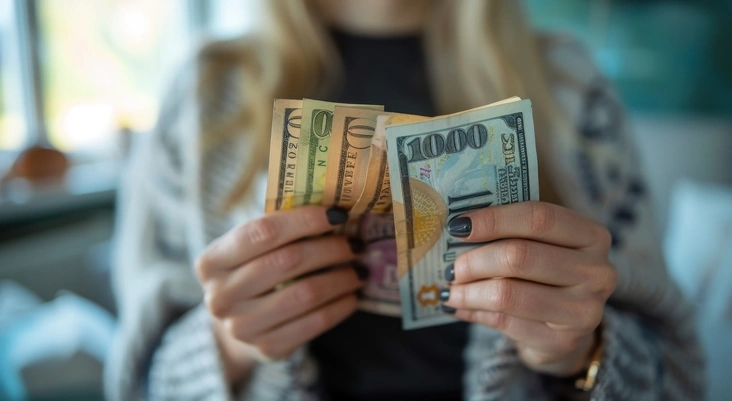
Conclusion
That was a long read! So, thank you for making it this far. As I mentioned, you simply cannot achieve partial or full anonymity with a single procedure or guide. Instead, it involves many little steps and complementary actions that together work to keep you anonymous in the financial system.
Cloudzy’s VPS services come with inherent anti-DDoS security; they also give you more than 15 locations to choose from, an uptime of 99.95%, and 24/7 support. You can choose your ironclad VPS service with a host of other payment options, such as the Bitcoin VPS! At Cloudzy, we’re eager to get to know our customers. Therefore, although we offer Crypto payment, and you can use this method in favor of your security, you can’t go fully anonymous in the payment process.
